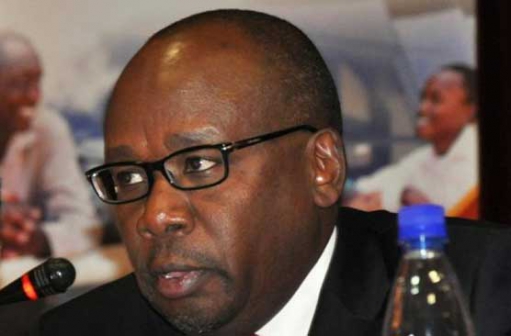×
The Standard e-Paper
Join Thousands Daily

NAIROBI: The bungled process of appointing a tribunal to probe Supreme Court Judge Philip Tunoi has, for the umpteenth time, exposed the dysfunction of President Uhuru Kenyatta’s advisory system.
Observers, analysts and insiders question the motives and intrigues behind the events of Monday and Tuesday when two contradicting communications emanated from the country’s highest office on a serious national matter.